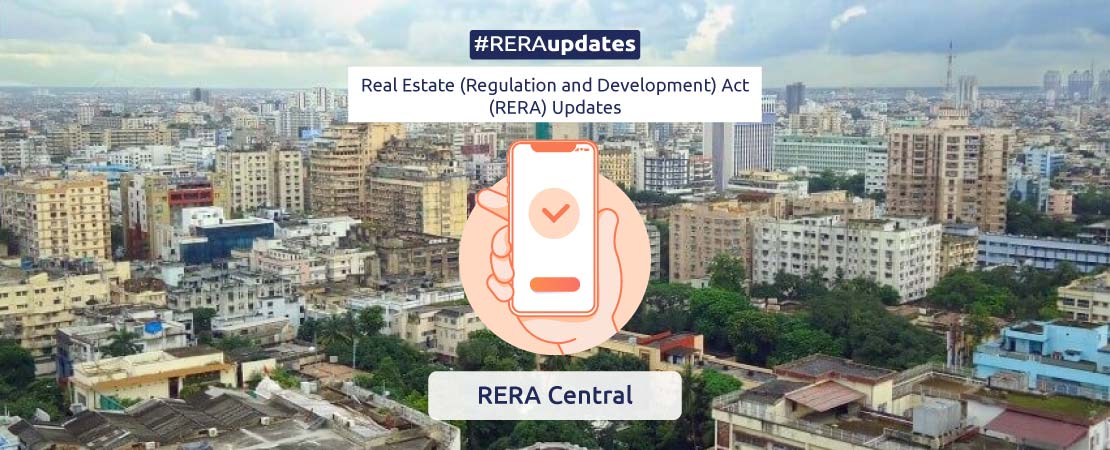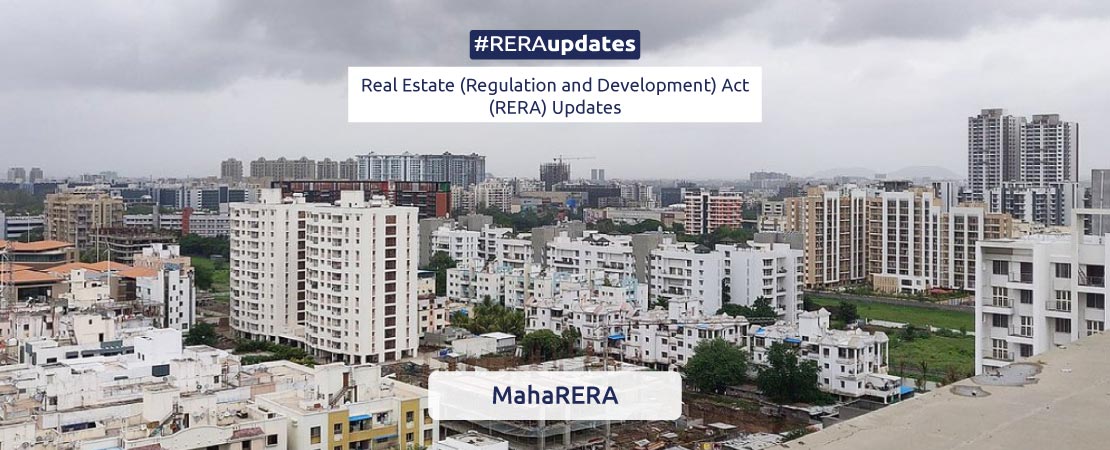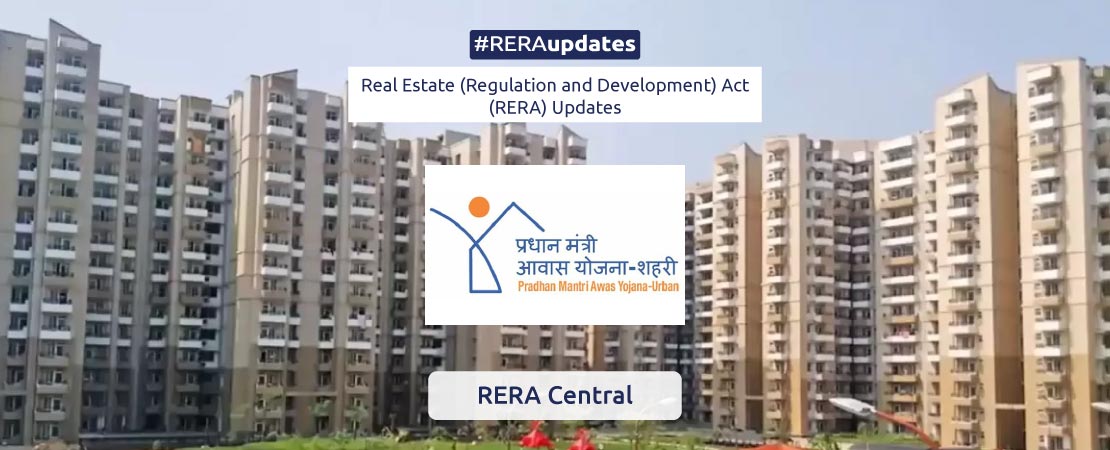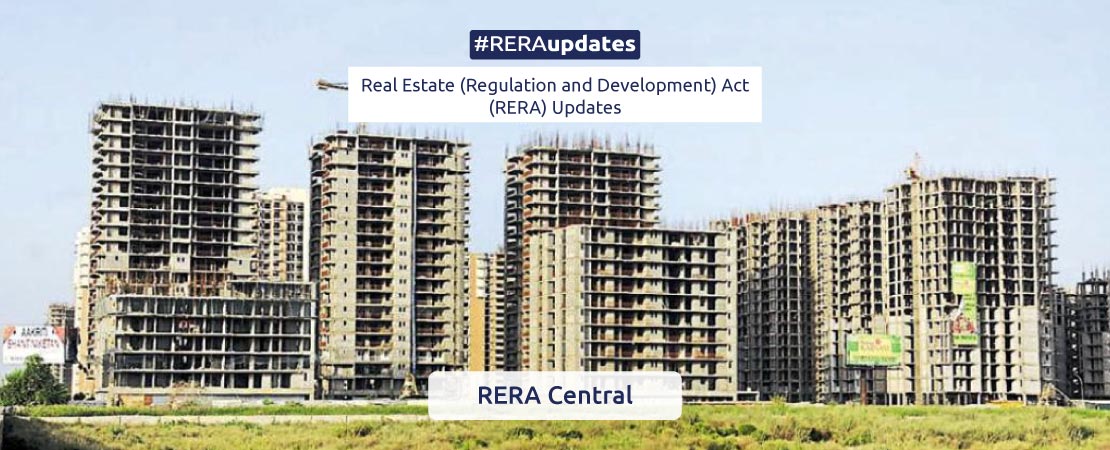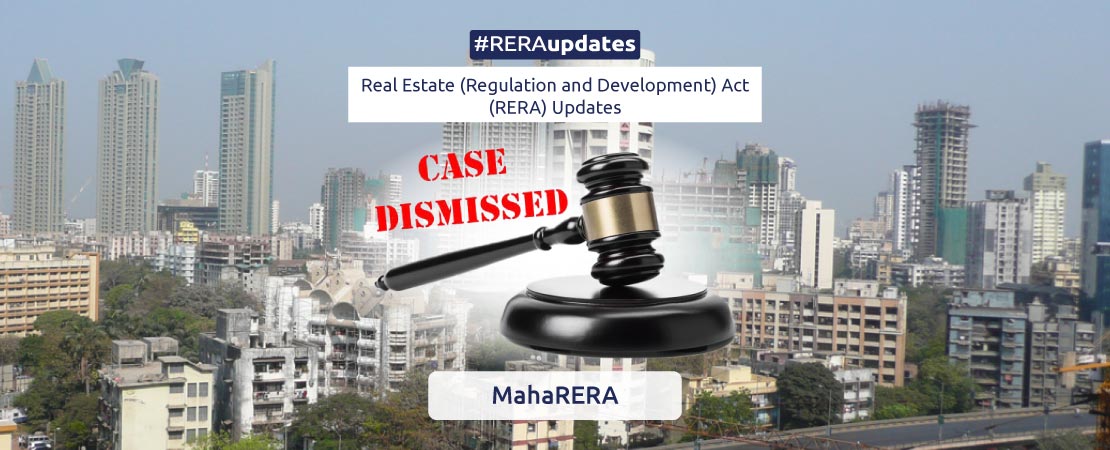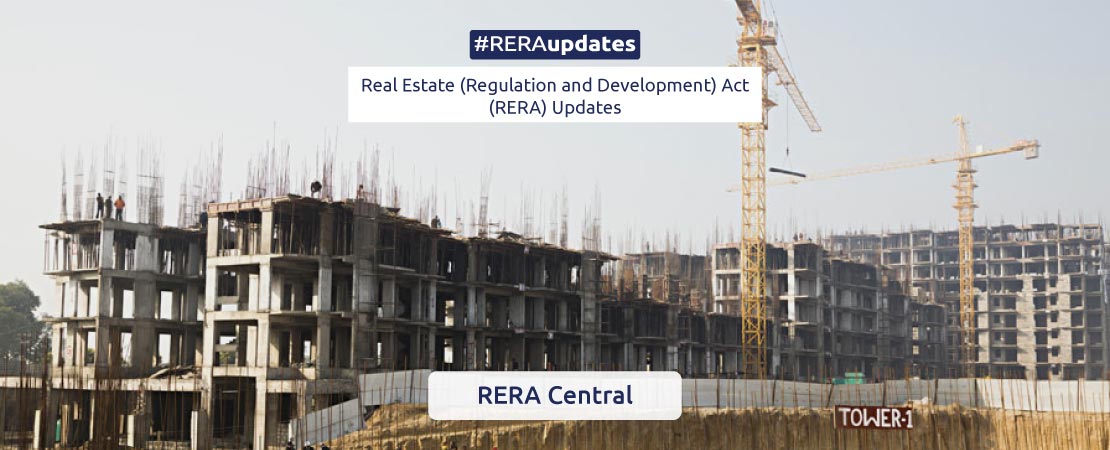Across the nation, the speed of implementation and extent to which RERA has noticeably impacted real estate varies, but the positivity it brings in is not in doubt.
For an industry that provides a basic need of shelter, regulation has come as a value-add. After years of differences in opinion as regards norms, terms and conditions, the Real Estate (Regulation and Development) Act (RERA), 2016, created a broad set of guidelines which brought in transparency in real estate transactions as also defined responsibilities of stakeholders in general and real estate developers in particular.
Across the nation, the speed of implementation and extent to which RERA has noticeably impacted real estate varies, but the positivity it brings in is not in doubt. There is need for an equal implementation across the nation with minor tweaks and changes to make what is accepted as ‘good’ to evolve into ‘better’ – and even, ‘best’.
RERA’s prime focus at the time of introduction as being ensuring protection of consumers’ interests, by bringing in policies that defined the extent as also apportioned responsibility on the part of real estate developers. Leveraging information technology, RERA enabled access to sanctioned plans as also details of different stages of construction. For customers, RERA has brought in an era of transparency through proper disclosure and financial discipline.
At the time it was introduced, this path-breaking regulatory regime provided for tribunals and ombudsman for redressing disputes. RERA also provided real estate developers with protection from defaulting buyers and ensured what we could refer to as an element of fair play.
In Maharashtra, easily the poster-boy of successful implementation of RERA across the nation, there has been an additional layer added to the process in the form of a redressal forum, which seeks to provide an option prior to actually filing a dispute before MahaRERA. This has proven to be a success, with a success rate of over 60 per cent.
This is the biggest take-away from the two-and-a-half years of RERA implantation across the nation. The regulatory aspect can be strengthened with redressal prior to taking up due process under the regulatory regime. In terms of different states having different set of market functioning – leading to different levels of implementation across states – needs to be streamlined into a single, functional regulatory regime that helps the industry grow in an environment of transparency and accountability on the part of stakeholders.
Projects which are in existence prior to implementation of RERA need to be assimilated within the system, or a parallel system which ensures that all real estate projects are brought under regulatory regime. Similarly, in some states where implementation is not at the level it should be, we see new real estate projects slipping through the regulatory net. It is similar to the challenge of GST and real estate: uniform implementation across different states is needed. Going into the future, RERA needs to address the issue of lack of uniformity in laws and capabilities of different state’s RERA authorities.
In some states, we see that for projects under construction, data is being collected – but not being analysed or shared with all stakeholders. Information technology needs to be leveraged, so that data is analysed; numbers are crunched – and the results are acted upon in the form of guidelines or new norms as would increase the positive effect of RERA.
We also have a situation in some states where implementation is not at the levels we would have expected. The problem here is the lack of informative and user-friendly on-line access for home buyers. So, we see in some states that periodic updates on part of the developers and also about some on-going projects are not available online.
Ideally, the huge quantum of data already collected by regulatory authorities across states should be analyzed efficiently and made available in simple to understand formats to stakeholders – especially home buyers – so that they are well informed and updated about the general scenario in their state’s real estate. The aspect of ‘information’ and of it reaching those for whom the regulatory regime sought to make these available is something that needs to be expedited in such states.
To sum up, the journey so far under the RERA regime has been good, but we need to tweak it to ensure it evolves through ‘better’ to ‘best’.
Source: https://www.financialexpress.com/money/rera-a-game-changing-regulation-marred-by-patchy-implementation/1825108/


